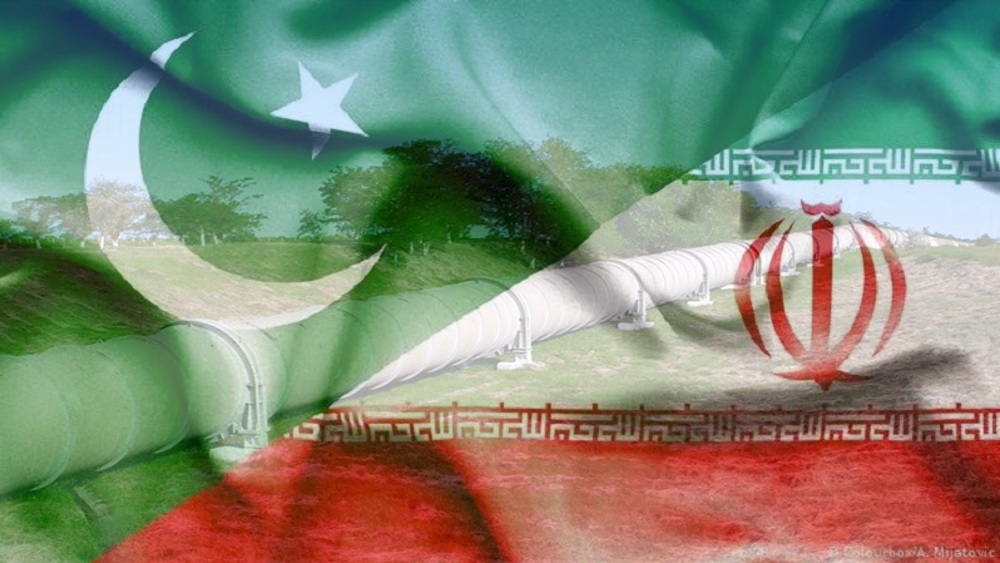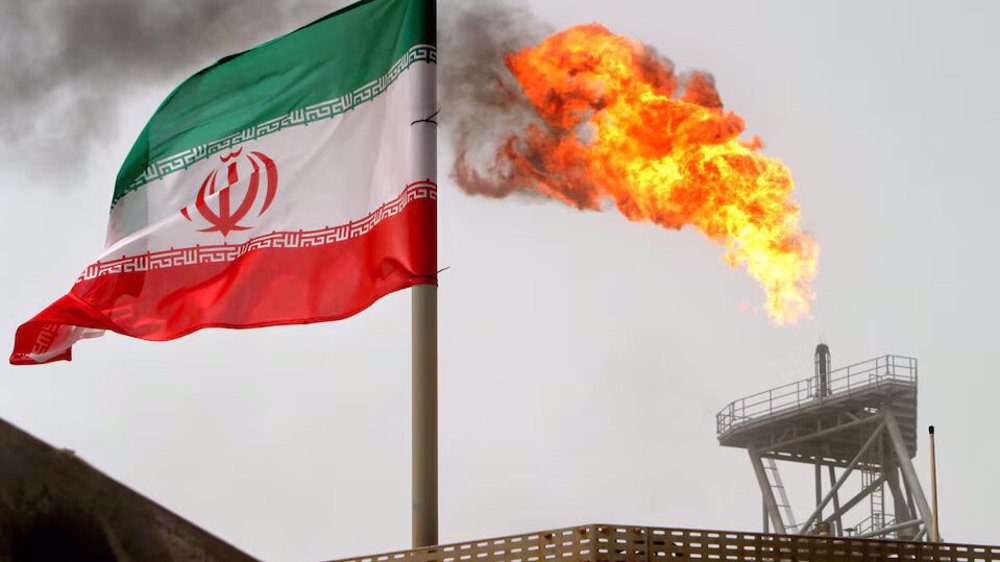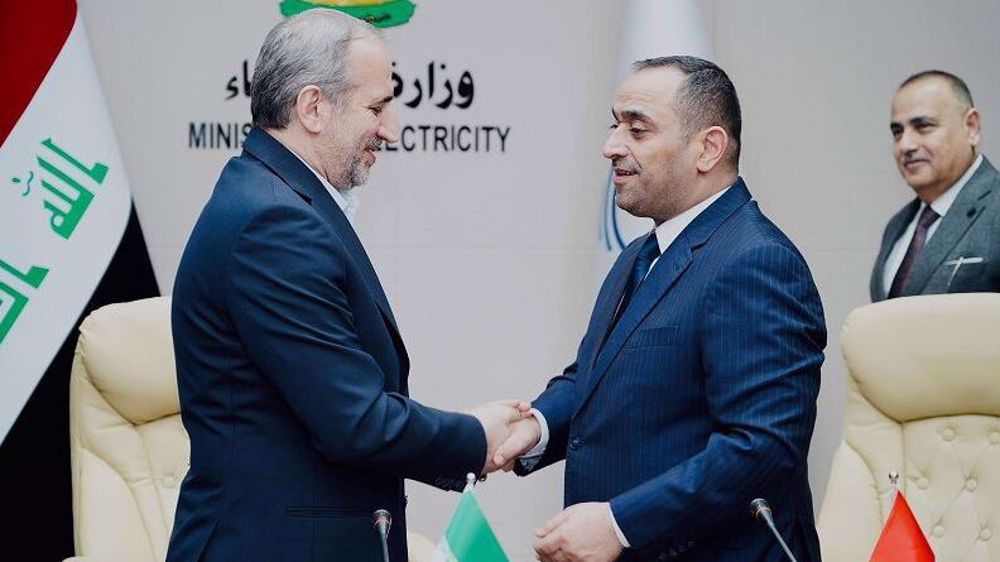US backing down again on draining Iran oil exports
US officials are again backpedalling on their pledge to dry up Iran’s oil exports amid warnings of a surge in prices if Washington refuses to extend a waiver issued in November.
US special representative for Iran Brian Hook had told an industry conference in Abu Dhabi Saturday that the United States was “not looking to grant any waivers or exemptions to the import of Iranian crude.”
However, he appeared ambivalent when pressed by CNBC, the US business news channel reported on Tuesday.
"All I can say is that we believe that when we have a better-supplied oil market, then that puts us in a much better climate to accelerate the path to zero," the broadcaster quoted Hook as saying.
“Hook's remarks suggest that the administration's decision will in part depend on the cost of crude when the six-month waivers expire around the start of May,” CNBC said.
The United States gave waivers to eight major clients of Iranian oil - China, India, South Korea, Japan, Italy, Greece, Taiwan and Turkey - after restoring energy sanctions in November.
The waiver surprised the market which was bracing itself for President Donald Trump’s pledge to bring Iran’s oil exports down to zero when the sanctions went into effect on November 5.
Hook said the Trump administration agreed to the waivers to prevent an oil shortage that would cause prices to surge.
However, Amos Hochstein, the former international energy envoy who ran Iran sanctions under the Obama administration, said the real reason Trump is giving the waivers is because he is unable to force the biggest customers of Iranian oil to stop buying oil from the country.
“There will 100 percent be exemptions in May," Hochstein said, adding that Trump’s refusal to do so would raise the prospect of the US sanctioning Chinese and Indian companies and getting embroiled in yet another trade dispute.
"The reason for that is if you don't give an exemption and someone is importing, then you have to sanction them, and you probably don't want to sanction them," Hochstein said.
Asian buyers of Iranian oil have just overcome final hurdles to resuming shipments from the country, with first cargoes set to arrive in Japan as early as this month.
According to media reports, China took 576,000 barrels per day of Iranian oil in December, while South Korea discharged 300,000 barrels, its first cargo since July.
Oil pricing agency S&P Global Platts quoted presidents of Japan's JXTG Holdings and Cosmo Oil as saying that the refiners will resume loading from Iran at the end of this month.
Bloomberg also said the National Iranian Tanker Company’s Silvia I is expected to reach South Korea on January 15 with the first cargo of at least 14 million barrels from Iran that will reach the nation’s shores through April.
Meanwhile, a senior official said the National Iranian Oil Company (NIOC) plans to offer 1 million barrels of crude oil on its energy exchange on January 21.
Last month, Minister of Petroleum Bijan Zangeneh said Iran planned to sell 3 million barrels of crude oil to private companies in the third round of sales aimed at bypassing US sanctions.
Iran began selling oil to private buyers on its energy exchange first in October when one million barrels were offered at $74.85 a barrel as the US prepared to reimpose sanctions on the country’s oil sector.
The second offer came after the sanctions were reinstated in November and 700,000 barrels of crude oil were sold to private companies for export.
Report: Israeli warplanes bomb positions in southwestern Syria, Iraq
US forces smuggle stolen Syrian oil into bases in Iraq: Report
VIDEO | Press TV's news headline
Situation normal after air defenses fire at 'suspicious objects' in Iran
‘Iran retaliation against Israel ensured no aggression would go unanswered’
US vetoes Palestinian request for full UN membership
Iran sufficed to strike only part of Israel’s military positions: FM to UN chief
IRGC: Israel’s Dimona nuclear reactor not among Op. True Promise’s targets












 This makes it easy to access the Press TV website
This makes it easy to access the Press TV website